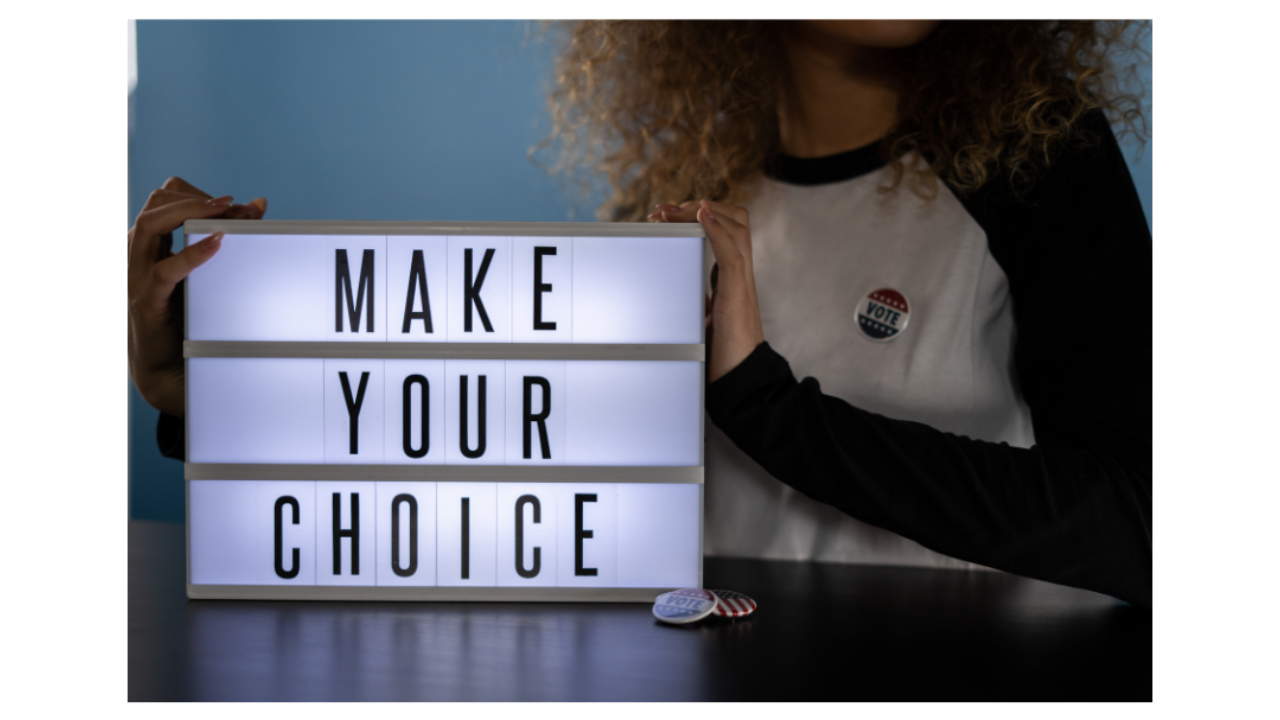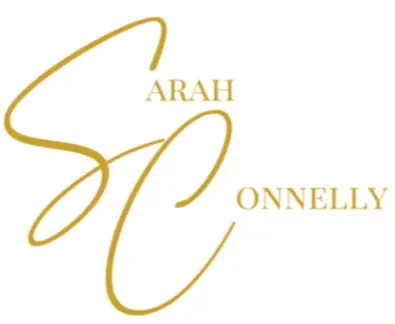The Power Of Choice
Oct 12, 2025
The Power of Choice
For years, I believed the lie. I told myself that alcohol was the gateway to fun, the bridge to relaxation, the missing piece that made social gatherings feel whole. On a summer beach day, it wasn’t just the sun and the ocean—it was the cold drink in my hand. At a celebration, it wasn’t just the laughter of friends—it was the glass raised in a toast. The story I told myself was simple: drinking made everything better.
Except it didn’t.
The Subtle Trap of Triggers
What I didn’t realize at the time was that drinking wasn’t about the drink. It was about meeting a need (or two). I used alcohol primarily for a sense of escape. I was socially anxious ( I didn’t realise this until I quit) so I drank to ‘fit in’ and numb the sense of not belonging.
I believed that drinking in the evening after work was a necessary part of winding down, escaping from the hectic day, and the busyness in my mind.
The needs were real, and they demanded to be met. For years I had used alcohol to meet these needs - it was always my go-to. Furthermore, I saw everyone around me, and in TV shows and movies, doing exactly the same thing as me. It was normalised, accepted, and even promoted – anytime a problem came up, ‘have a drink’, any time there was a celebration, ‘drink up!’ and almost every scene in the media that shows someone coming in after a hard day shows them going to the fridge or drinks cabinet for something to ‘take the edge off’.
Is it any wonder that so many of us use alcohol to meet so many different needs? It’s all we see, it’s all we know.
Triggers can appear every day. Some are special, situational, creeping up unexpectedly, catching us off guard. The first warm day of summer. A difficult conversation with a boss. A moment of loneliness. The sound of a cork popping. The habits we have built around these moments—reaching for a glass, numbing out—are so deeply ingrained that they feel automatic.
But they’re not.
Reclaiming Control: The Trigger Recipe
Every habit follows a pattern, a recipe of sorts. The good news? Once you identify the ingredients, you can rewrite the script.
Here’s how it works:
- Identify the trigger
What is happening around you? A place, a person, a smell, a feeling? Be specific. - Recognize the emotion
Is it excitement? Stress? Boredom? Restlessness? - Pinpoint the need
Are you craving connection? Comfort? A sense of belonging? - Examine the story
What are you telling yourself? “I deserve this.” “It’s not a big deal.” “One won’t hurt.” - Choose a new response
Ask yourself - How can you meet that need in a high-quality way?
For me, one of the biggest revelations was realizing that I had to meet my needs. Ignoring them wasn’t going to work. If I was looking for variety, I needed to introduce excitement into my life in other ways. If I was longing for connection, I needed to build relationships that weren’t based on shared hangovers. The old way was easy. The new way required conscious effort—but it also came with lasting rewards.
The Science of Rewiring
Dopamine—the reward-seeking neurotransmitter—makes habits stick. Drinking delivers a powerful dopamine hit, reinforcing the behaviour. That’s why quitting often feels like deprivation at first.
The key? Reward yourself every time you make a different choice.
Acknowledge the small wins. Celebrate waking up clear-headed. Notice how much calmer you feel without the rollercoaster of alcohol-fuelled anxiety. Replace the automatic reaction of drinking with new habits—ones that bring genuine joy, not just fleeting relief.
The Real Reward: Becoming the Person You Were Meant to Be
When I first quit drinking, I worried about missing out. I thought life without alcohol would be dull, that I’d feel like an outsider. But here’s what I’ve discovered.
You don’t lose anything ( except regret, guilt, and shame) and you gain everything.
Clarity. Confidence. Time. Energy. A deep, unwavering sense of self-respect.
Most importantly, you gain the ability to make conscious choices—not just react. You become the kind of person who doesn’t need an escape because you’ve slowly and intentionally built a life you don’t want to escape from.
So the next time a trigger comes, pause. Ask yourself:
What do I truly need?
How can I give it to myself in a way that makes me stronger, not weaker?
This is what members of the 30-Day October Pause are working on this week. Seeing the commitment and determination to improve thier lives is inspiring. So this newsletter is to celebrate you all, and hopefully inspire other readers to move from 'one day' to courageous action.
Wth love
Sarah Connelly



